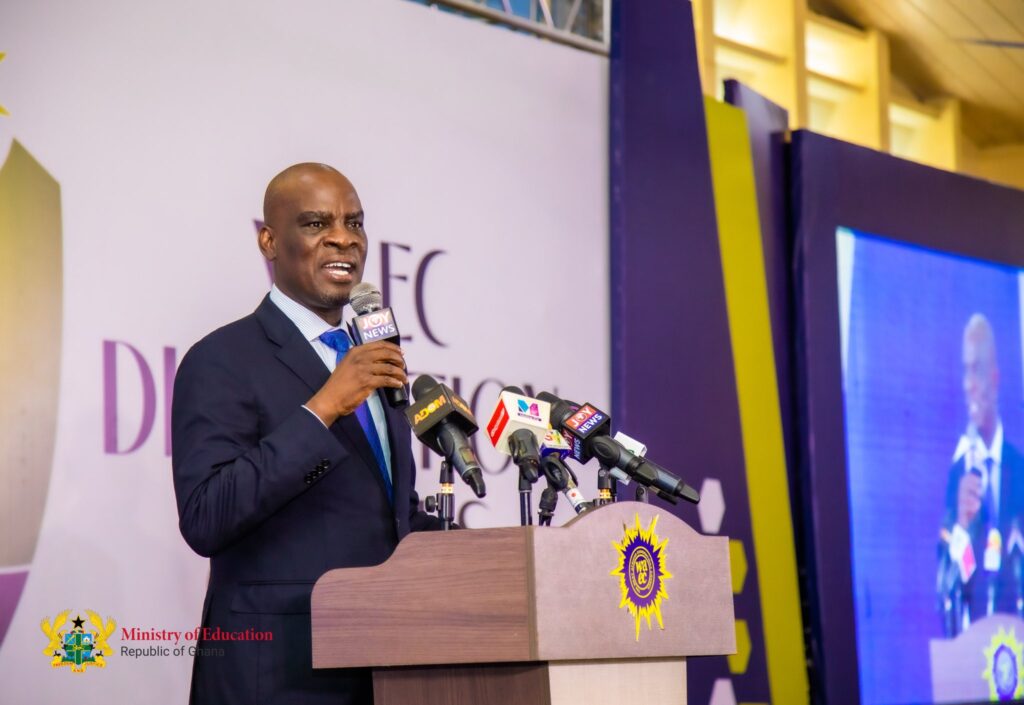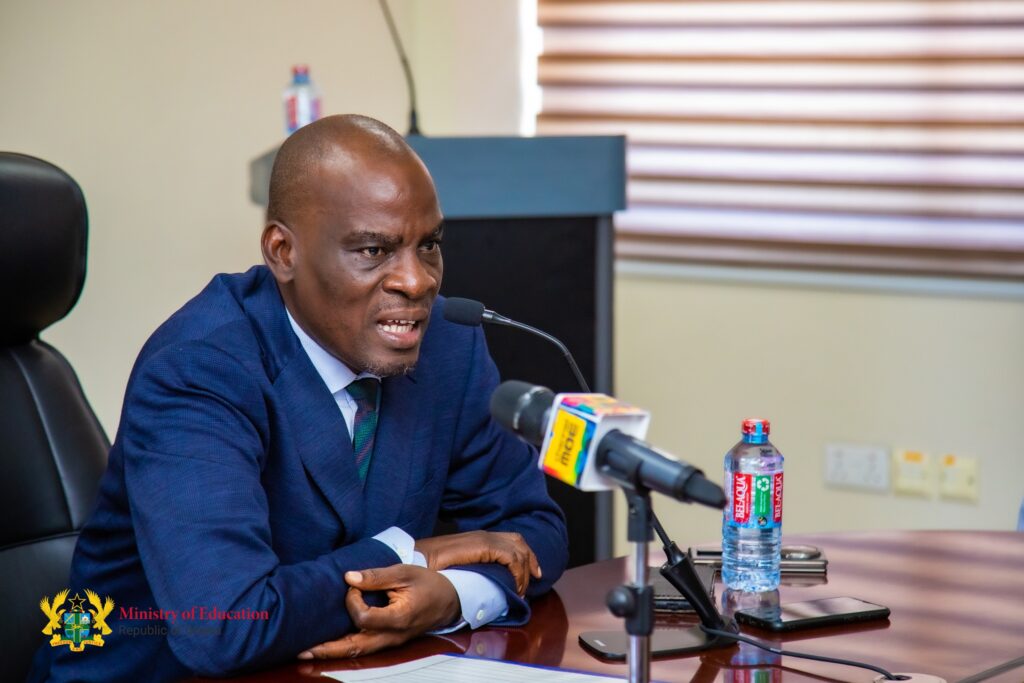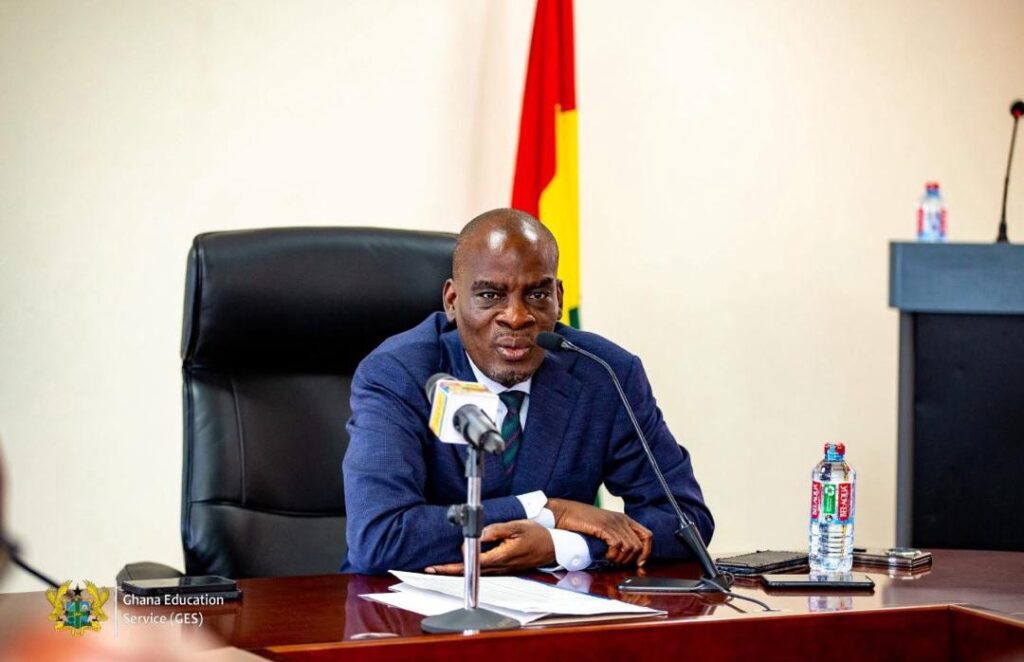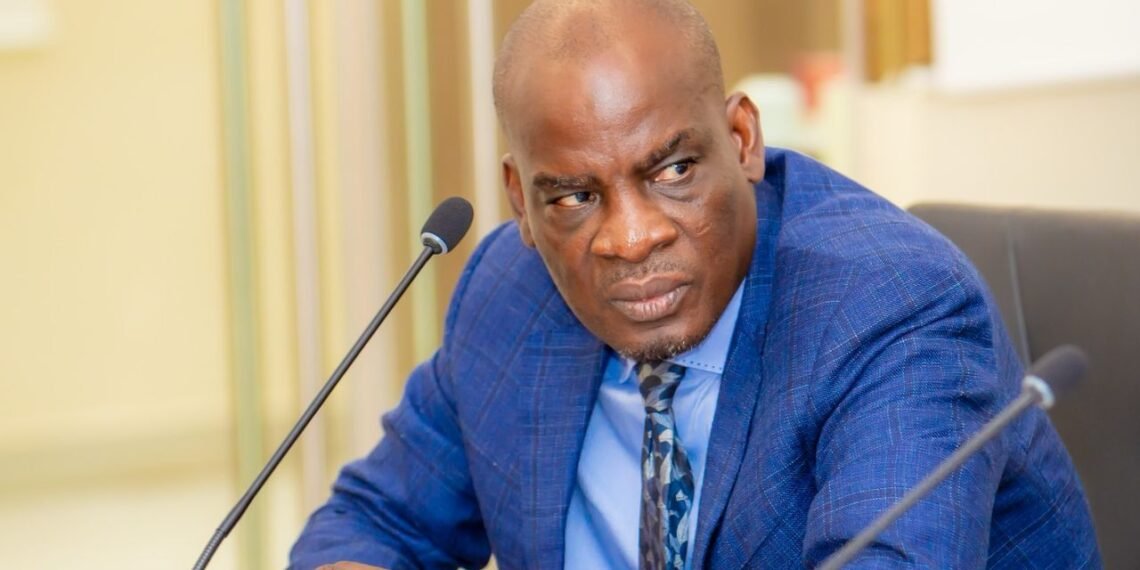The Member of Parliament for Tamale South and Minister for Education, Hon. Haruna Iddrisu, has offered a strong defence of President John Dramani Mahama’s recent directive aimed at reforming Ghana’s public land acquisition regime.
The move, which forms part of the President’s broader commitment to accountability and transparency in public resource management, is being positioned as a critical step toward curbing abuse of power and ensuring public lands serve the collective interest.
Speaking in Parliament, Hon. Haruna Iddrisu described President Mahama as a “law-abiding president” who is simply exercising his constitutional duty by seeking to sanitise the manner in which public lands are acquired and managed across the country.
“Yes, it’s true. He issued a directive on January 10, 2025, to sanitise land acquisition in Ghana, and Mr Speaker, those who lawfully and genuinely acquire their lands should not worry about the consequence of these directives.”
Minister for Education, Hon. Haruna Iddrisu
Hon. Haruna Iddrisu explained that the intent behind the directive is not to disturb legitimate land transactions, but rather to shine a spotlight on questionable acquisitions made under the guise of political influence. “What the president sought to do was to have first-hand information on who got what, when, how, and for how much,” he emphasised.

Upholding Constitutional Principle
At the heart of President Mahama’s action, Hon. Haruna Iddrisu said, is a determination to uphold Article 257 of the 1992 Constitution, which vest all public lands in Ghana in the President on behalf of, and in trust for, the people of Ghana.
According to the Tamale South MP, this provision imposes a fiduciary responsibility on the President to ensure public lands are protected and used in the public interest.
“Mister Speaker, it imposes a fiduciary responsibility on the President that tomorrow, he should be able to account to the Ghanaian people that, having assumed office as President of the Republic, how public lands were managed in Ghana under his watch.”
Minister for Education, Hon. Haruna Iddrisu
The Minister further underscored the importance of efficient and fair land access, especially for investors and farmers. He noted that President Mahama’s approach is also aimed at eliminating bottlenecks in land acquisition that could discourage foreign direct investment.
“In fact, he’s even thinking that foreign investors who come into Ghana and people will stand in their way to land acquisition—the president thinks that there must be a rapid response to their request in order that we can accelerate how attractive Ghana can be in respect of foreign direct investment.”
Minister for Education, Hon. Haruna Iddrisu
However, the focus of the President’s directive is unmistakably on ending abuse. Hon. Haruna Iddrisu pointed to numerous instances where individuals, leveraging political connections or public office, have appropriated public lands—often reserved for schools, parks, or government infrastructure—for private use. Such acts, he argued, violate both the spirit and letter of the Constitution.
“How can you acquire a school park or a school building or a school land for the purpose of house building when the land is public land? You go and take a school building—even where children should be playing football.”
Minister for Education, Hon. Haruna Iddrisu
Hon. Haruna Iddrisu also referenced Article 20 of the Constitution, which provides that if land acquired for public use is no longer needed for that purpose, it must be returned to its original owners. “That hasn’t happened in many instances,” he observed, noting that part of the President’s concern is to address such inconsistencies in land management practices.

No Blanket Freeze on Land Acquisition
He stressed that the directive should not be misinterpreted as a blanket freeze on land acquisition or a threat to business activity. Instead, it is a targeted response aimed at a specific category of persons: those who use their influence to acquire public lands for private gain, contrary to the law.
“The directive of the President… was to provide one—for the President to have first-hand information over the last eight years, how have public lands been managed? Who took undue advantage of this, in order that he can provide correctional measures as the person to whom this land is vested.”
Minister for Education, Hon. Haruna Iddrisu
The President, Hon. Haruna Iddrisu reiterated, is not against people acquiring land for business purposes.
“Ghanaians should be assured that those who are doing legitimate business and want to acquire land for the purpose of business are not the target of the President’s directive. His target is the looters of land in the name of influence.”
Minister for Education, Hon. Haruna Iddrisu
To give further weight to the initiative, President Mahama has reportedly instructed that no minister in his government should be involved in acquiring public land.
Hon. Haruna Iddrisu assured Parliament that ministers will comply with this directive to support the president’s efforts in restoring order and integrity to land administration.
“I’m sure the Minister for Lands will provide an appropriate response but the President acted lawfully within his mandate in order to sanitize the acquisition of lands in Ghana and to stop the looting of public lands in the name of public influence.”
Minister for Education, Hon. Haruna Iddrisu
He concluded by acknowledging the complexity of land law across different regions of Ghana, noting that the legal frameworks governing land in the Ashanti Region, the Upper East, and other areas differ.

Nonetheless, the goal remains uniform—restoring public confidence in the system and protecting Ghana’s collective interest.
For him, President Mahama’s directive marks a defining moment in the ongoing conversation around land use and governance in Ghana, signaling a clear departure from permissive land practices and toward a regime rooted in accountability, law, and equity.
READ ALSO: Ukraine Welcomes Trump’s Plan To Send Weapons Via NATO



















